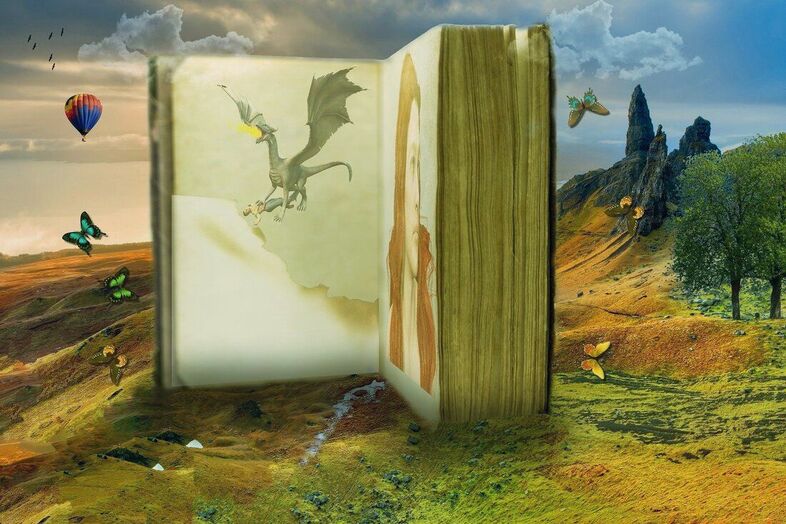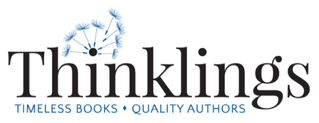|
Perhaps you’ve heard the saying “Any portal fantasy in a storm” . . . well, that’s our version of it, anyway. 😉 (Since we do have so many reading options, we like to consider them carefully!)
Weather or not your life is particularly stormy right now, you still might be craving that perfect literary escape. It’s important to many people to get good reading recommendations—which is what we’re here for! No book is perfect, but we think these are ship-shape! So sail on into this list, and we wish you a bookish bon voyage!
0 Comments
In my last post, I explained how to write great explicit and implicit exposition for your book. This time, I’m going to explain how to write non-exposition and a great way to combine all three forms of exposition together.
(If you’d like to view these two combined posts in video format, click here. It’s part of our “Advice from an Editor” series on YouTube.) Today I’m going to be discussing how to write great exposition for your book. But first, let’s establish: what is exposition? It’s a literary device to communicate background information to your reader, whether about the characters, the setting, an event that happened before the story began that the reader needs to know about to understand the plot better, or etc.
(If you’d like to view this post in video format, click here. It’s part of our “Advice from an Editor” series on YouTube.) “Some day you will be old enough to start reading fairy tales again” - C.S. Lewis. We say that whatever age you are is perfect for reading children’s books and fairy stories! Or maybe you’re trying to get your (grand)kid(s) into reading and are looking for some suggestions of books that are a little older and more classic but still fun.
In other words, not the newest fad, but still fad-tastic! Something fairy delightful that they’ll be goblin right up! 😉 All books have to start somewhere! But how can you write the opening of your book so that the reader is compelled to keep turning pages? Today I’m going to be discussing what makes a great beginning for your book.
(If you’d like to view this post in video format, click here. It’s part of our “Advice from an Editor” series on YouTube.) This week we bring you a list of marvelous mythology books. Featuring gods, monsters, heroic quests, and more from many different cultures, these tales are epic and timeless!
We don’t want this intro to drag-on for too long. So read on, or you’ll myth out! Happy (almost) fourth publishing anniversary to our fourth book, The Land of the Purple Ring by Deborah J. Natelson! Reviewers are calling this work of pure imagination “creative, witty, and intriguing” and “a fantastic trip to a magical world.” It’s perfect for fans of Alice in Wonderland, The Phantom Tollbooth, and The 13 ½ Lives of Captain Bluebear.
Need a bit more convincing to dive into the book? Then read the ten awesome quotes (excerpts, really) from The Land of the Purple Ring that we’ve compiled here! This week we’ve got a list that’s out of this world! These books will send your imagination into orbit! What are we talking about? Simple: a superb selection of sci-fi books that are set in space.
Without further ado, let’s blast off with the list! Spring has sprung! We hope winter didn’t drag-on too long for you. The knights are getting shorter and fairy soon the weather will warm up (we Northerners hope...). To make a long story short, we were inspired to spring into action with another list of great book recommendations! Today we’re bringing you ten awesome short-story anthologies, mostly of the fantasy and sci-fi variety.
In January, we started reposting with permission a series of articles from Deborah’s blog about book ideas that she has had but is unable to write for one reason or another. In other words: here’s some inspiration free for the taking for any writer who’s interested!
This post is Part 3 of 3; you can read Part 1 here and Part 2 here. |
Archives
July 2024
Categories
All
|
As an Amazon Associate, we earn from qualifying purchases.










 RSS Feed
RSS Feed
